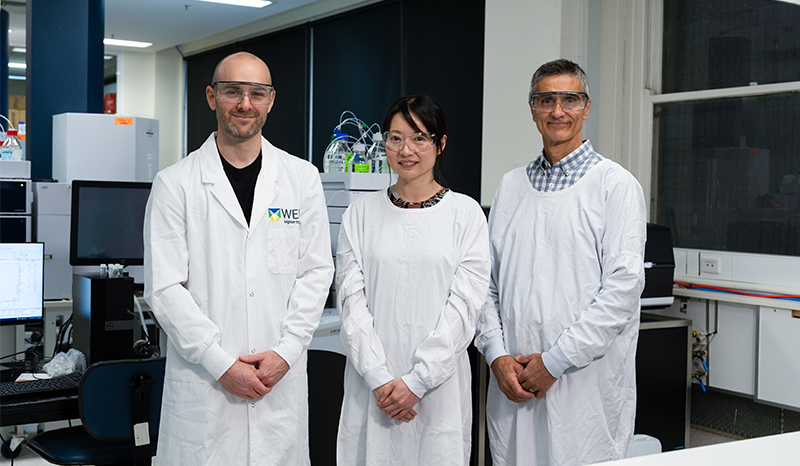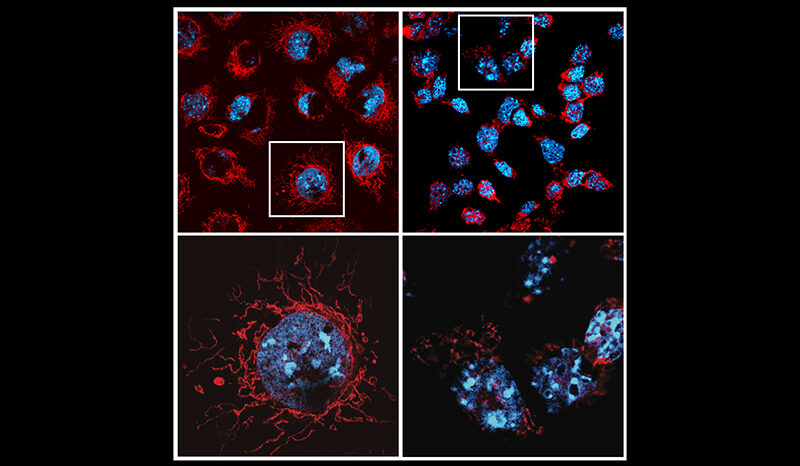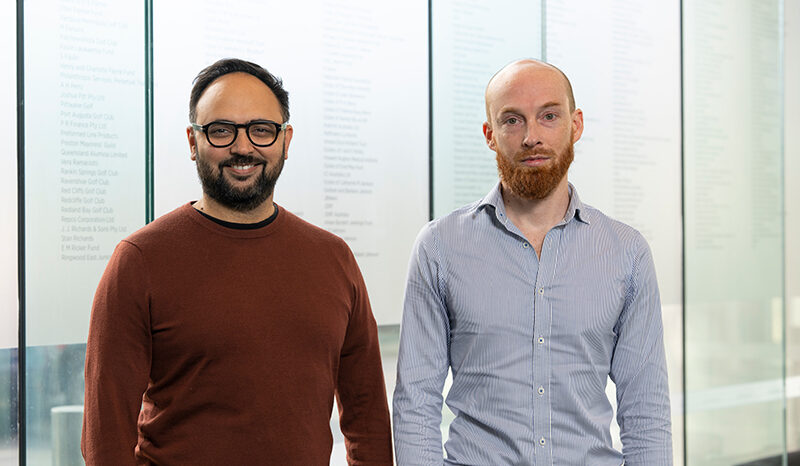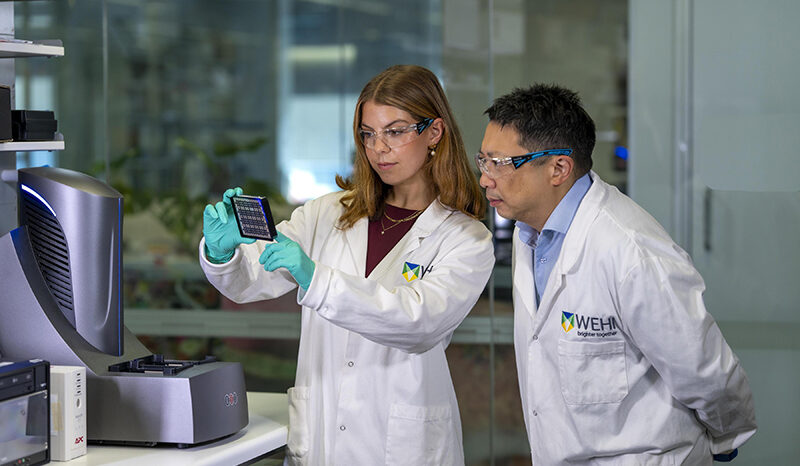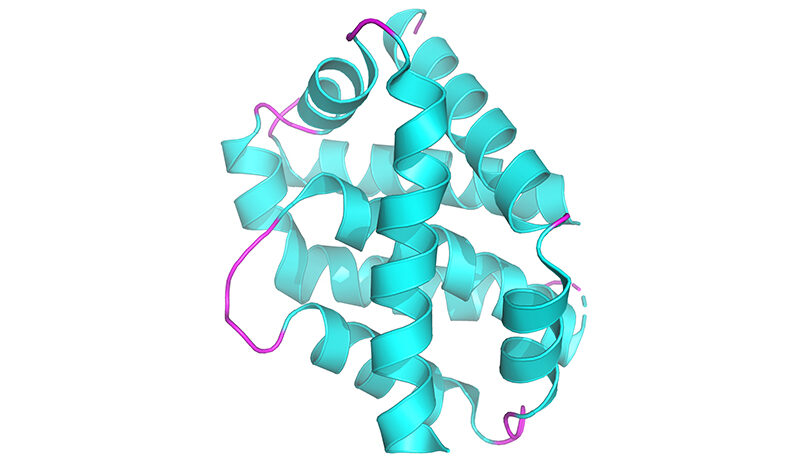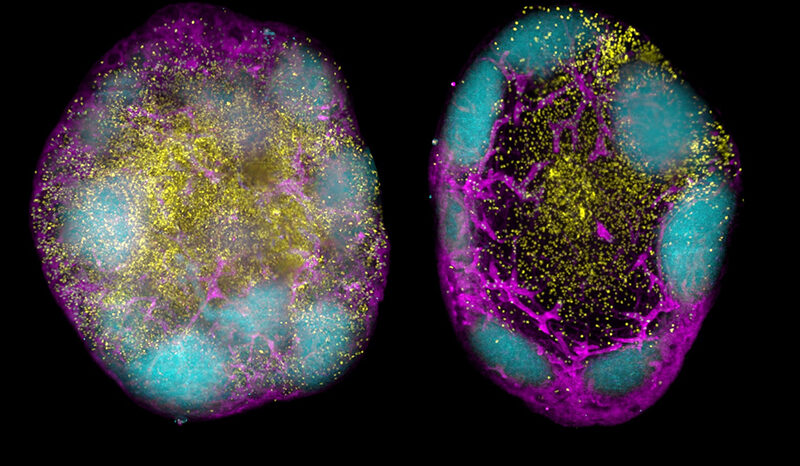The researchers from the Colonial Foundation Healthy Ageing Centre – a collaboration between WEHI and the Royal Melbourne Hospital – are using mass spectrometry technology to quickly determine the presence of other medication or drugs that may interfere with their treatment.
This is important to ensure they are given the correct treatment – and the impact of any previous medication or drugs are mitigated.
Mass spectrometry technology works by using charged particles, or ions, to identify and measure chemicals in a sample.
The team found this is more accurate than current testing methods, which use a biochemical test called immunoassays that may sometimes give false positives.
Preventing false toxic results
In a recent study, published in the Medical Journal of Australia, the Colonial Centre team found that using traditional testing methods, a common prostate cancer drug could interfere with testing for another common heart failure medication and lead to a patient returning a false toxic result.
But by using mass spectrometry technology to complete the same test, this interference was able to be picked up and mitigated.
As a result, the patient avoided unnecessary treatment, and clinicians were able to focus on and treat the patient’s actual issue.
Enhanced precision in treatment
Head of the Colonial Foundation Healthy Ageing Centre, Associate Professor Andrew Webb, said the research could offer better results for patients by helping clinicians provide better treatment.


